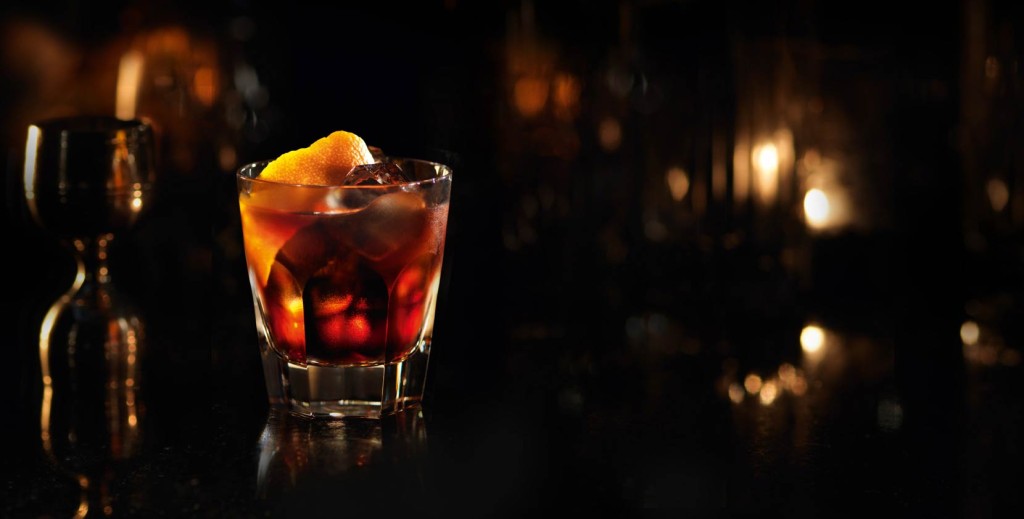What Do You Want To Be When You Grow Up?
 “Another glass?”, Oliver asked the young woman curled up on his sofa, wrapped in the warmth of the fleece blanket that only ever seems to get used when she is around. “Thank you” came the positive, yet delicate response, and the empty glass was raised. As the impromptu bartender grasped the vessel, he looked up and caught the eye of his companion; a gentle smile was offered with a subtle closing of the eyes. Comfort was the word of the evening, as it so usually is when Zubrowka is served at Casa Ollie.
“Another glass?”, Oliver asked the young woman curled up on his sofa, wrapped in the warmth of the fleece blanket that only ever seems to get used when she is around. “Thank you” came the positive, yet delicate response, and the empty glass was raised. As the impromptu bartender grasped the vessel, he looked up and caught the eye of his companion; a gentle smile was offered with a subtle closing of the eyes. Comfort was the word of the evening, as it so usually is when Zubrowka is served at Casa Ollie.
The woman, a bright, attractive and intelligent girl, had become a regular to the sofa, and many an evening had been spent chatting and conversing, laughing and giggling, all to the soundtrack of music and ice cubes clinking together. The addition of alcohol was almost irrelevant to the proceedings, as conversation seemed to flow naturally and fluently regardless. It was as if the pair had known each other for years, even though reality suggested far less.
Sitting at either ends of the most comfortable bar in the city, this particular evening was no different to any other. For sure the conversation had changed, new things being spoken and listened, discoveries made and giggles had. But the conversation was still working its rhythmic pattern around the bar. Just as it always has, with a level of comfort and ease that is almost taken for granted.
“What do you want to be when you grow up?” came another of these effortlessly offered questions that immediately sparked thought and contemplation. Sipping at his glass of vodka and apple juice, Oliver pondered the very wording of the question before even tackling a potential answer: “When you grow up”. At the grand age of 28, the owner of Chez Ollie [he can’t decide where he wants to be] thought he was grown up, at least in head, if not in heart. “Or is it the other way ’round?” Oliver considered, albeit briefly; the vodka perhaps beginning its affect on the mind.
While struggling to consider the prospect of growing up after almost three decades of being, Oliver gazed into his glass, stirred the cubes around and offered the question back to the other end of the sofa. “I’m still thinking, but what about you? What do you want to be when you grow up?”
The problem with asking such a question is that the thought involved is fairly deep. Certainly for the evening’s host it was, anyway. The obvious and most natural response was to be childish, thus proving that the question was indeed accurate and that 28 years is by no means grown up. Astronaut, train driver and fireman all passed through the neurons connecting various parts of the brain. But wanting to appear a little more mature than perhaps he was, a light silence descended over the room as the sofa fell into contemplation, both glasses singing in harmony as the ice began its crescendo to the chorus.
A couple more sips from the glass soon provided inspiration. It was an answer that was so obvious, yet all too often forgotten about. In a world full of material goods, run by the desire to own such products, and therefore the need to work in order to obtain these luxuries, one of the most important and fundamental rules that should govern all life is regularly left to the side, cast away and put to the bottom of the priority list.
In a leveled voice, but with a subtle lilt only known by the bartender – now positioning himself under the pre-warmed blanket to be closer to the source of comfort – he responded. With confidence, “Happy, to be continually happy” was said aloud for all to hear.
With a tilt of the head and a kiss to the cheek, the response had been understood and welcomed. It was the kind of understanding that needs no words. A gesture is all it takes to know the feeling is shared among those in the room, and it is a gesture that suggests the ambition is hoped for both.
Na zdrowie.
So, what do you want to be when you grow up?